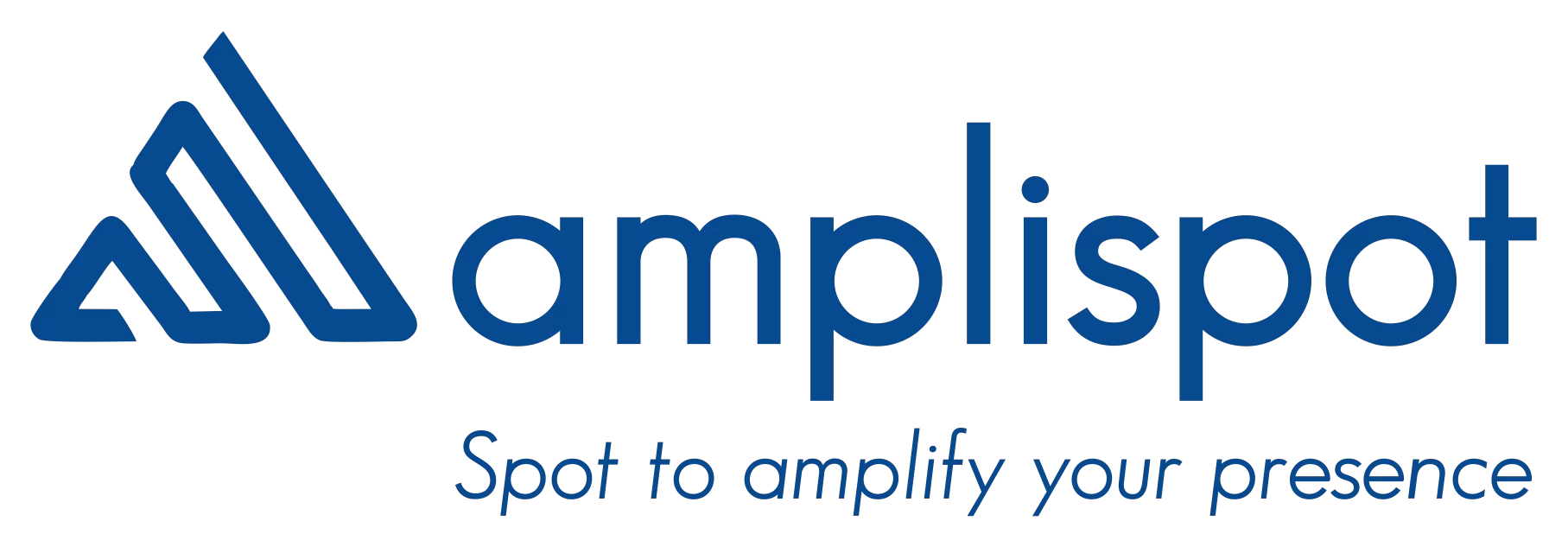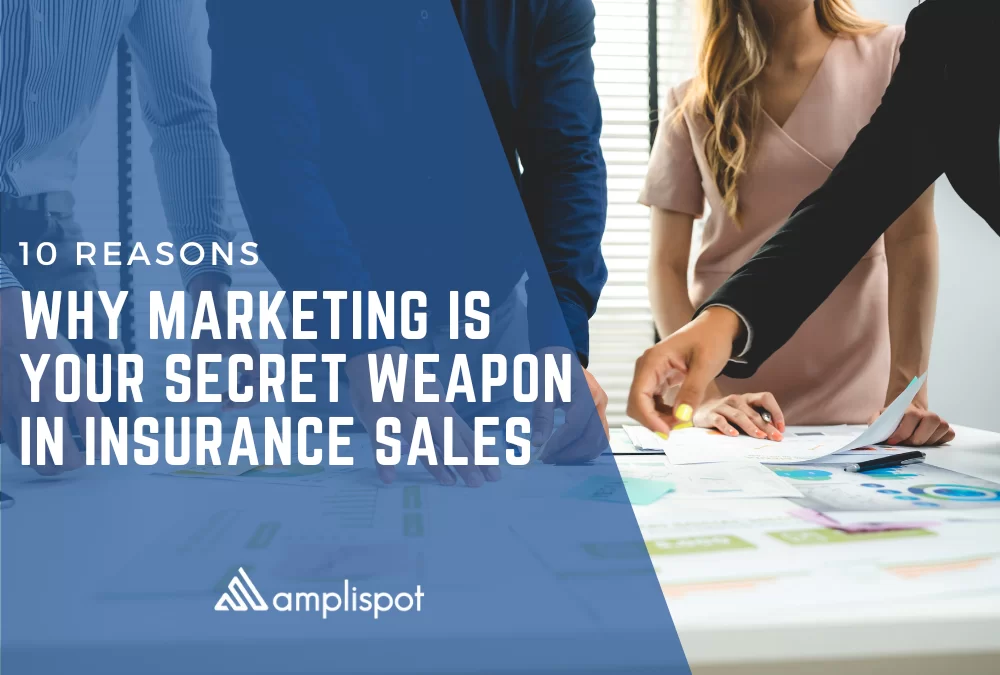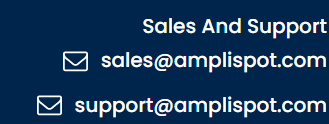In the fast-paced world of insurance, agents often find themselves in a fierce competition to capture the attention and business of potential clients. The secret weapon that can set them apart isn't just the quality of the products they offer or the prices they can provide—it's marketing. Here’s why marketing is not just an add-on but a crucial arrow in the quiver of every successful insurance sales strategy.
1. Brand Visibility
In a market flooded with options, visibility is key. Marketing ensures that your brand stands out and remains top-of-mind. Through consistent branding efforts, customers will recognize and remember your insurance products when the time comes to make a purchasing decision.
2. Building Trust
Insurance is a business that hinges on trust. Through informative content marketing and a robust online presence, you can establish your agency as a reliable source of knowledge, which is instrumental in building trust with your clients.
3. Educating Consumers
The complexity of insurance policies can be daunting for many consumers. Effective marketing educates your audience, demystifying insurance concepts and highlighting the value of having a robust policy, which, in turn, nurtures informed decision-making.
4. Customer Engagement
Marketing is a two-way street. It provides a platform for engagement, allowing customers to interact with your brand, ask questions, and provide feedback. This engagement is vital for customer retention and loyalty.
5. Lead Generation
Without leads, sales opportunities are non-existent. Digital marketing tactics such as SEO, PPC advertising, and social media campaigns can drive a steady stream of potential clients to your insurance business.
6. Demonstrating Value
In insurance sales, it's not just about the product; it's about the value it adds to the customer’s life. Through case studies, testimonials, and user-generated content, marketing can showcase real-life examples of how your insurance products provide security and peace of mind.
7. Staying Competitive
The insurance industry is fiercely competitive. A well-crafted marketing strategy can keep you ahead of the competition by highlighting your unique selling propositions and showcasing your expertise in the field.
8. Maximizing Referrals
Word-of-mouth remains one of the most powerful marketing tools. By incentivizing referrals through marketing campaigns, you can turn your satisfied customers into advocates for your brand.
9. Nurturing Leads
Not every potential client will be ready to purchase insurance on the first interaction. Through marketing automation and email marketing, you can nurture those leads by providing them with relevant information until they are ready to make a decision.
10. Analytics and Adaptation
Marketing provides valuable data. By analyzing this data, you can understand customer behavior, measure campaign effectiveness, and adapt your strategies for better results. This adaptive approach ensures that your marketing efforts are always aligned with your sales goals.
Marketing in the insurance sector is not just about selling a product; it’s about creating a narrative that resonates with potential clients, educating them, and building a relationship that goes beyond the transaction. It’s about positioning your brand as a leader in a crowded marketplace. In an industry where the intangible nature of the products can make sales challenging, marketing bridges the gap, providing clarity, and adding value to the customer experience.
As an insurance agent or company, harnessing the power of marketing could very well be the game-changer that accelerates your growth and cements your reputation in the industry. Remember, when it comes to insurance sales, your marketing is not just part of your business strategy; it is the linchpin that can lead to success.
In the fast-paced world of insurance, agents often find themselves in a fierce competition to capture the attention and business of potential clients. The secret weapon that can set them apart isn't just the quality of the products they offer or the prices they can provide—it's marketing. Here’s why marketing is not just an add-on but a crucial arrow in the quiver of every successful insurance sales strategy.
1. Brand Visibility
In a market flooded with options, visibility is key. Marketing ensures that your brand stands out and remains top-of-mind. Through consistent branding efforts, customers will recognize and remember your insurance products when the time comes to make a purchasing decision.
2. Building Trust
Insurance is a business that hinges on trust. Through informative content marketing and a robust online presence, you can establish your agency as a reliable source of knowledge, which is instrumental in building trust with your clients.
3. Educating Consumers
The complexity of insurance policies can be daunting for many consumers. Effective marketing educates your audience, demystifying insurance concepts and highlighting the value of having a robust policy, which, in turn, nurtures informed decision-making.
4. Customer Engagement
Marketing is a two-way street. It provides a platform for engagement, allowing customers to interact with your brand, ask questions, and provide feedback. This engagement is vital for customer retention and loyalty.
5. Lead Generation
Without leads, sales opportunities are non-existent. Digital marketing tactics such as SEO, PPC advertising, and social media campaigns can drive a steady stream of potential clients to your insurance business.
6. Demonstrating Value
In insurance sales, it's not just about the product; it's about the value it adds to the customer’s life. Through case studies, testimonials, and user-generated content, marketing can showcase real-life examples of how your insurance products provide security and peace of mind.
7. Staying Competitive
The insurance industry is fiercely competitive. A well-crafted marketing strategy can keep you ahead of the competition by highlighting your unique selling propositions and showcasing your expertise in the field.
8. Maximizing Referrals
Word-of-mouth remains one of the most powerful marketing tools. By incentivizing referrals through marketing campaigns, you can turn your satisfied customers into advocates for your brand.
9. Nurturing Leads
Not every potential client will be ready to purchase insurance on the first interaction. Through marketing automation and email marketing, you can nurture those leads by providing them with relevant information until they are ready to make a decision.
10. Analytics and Adaptation
Marketing provides valuable data. By analyzing this data, you can understand customer behavior, measure campaign effectiveness, and adapt your strategies for better results. This adaptive approach ensures that your marketing efforts are always aligned with your sales goals.
Marketing in the insurance sector is not just about selling a product; it’s about creating a narrative that resonates with potential clients, educating them, and building a relationship that goes beyond the transaction. It’s about positioning your brand as a leader in a crowded marketplace. In an industry where the intangible nature of the products can make sales challenging, marketing bridges the gap, providing clarity, and adding value to the customer experience.
As an insurance agent or company, harnessing the power of marketing could very well be the game-changer that accelerates your growth and cements your reputation in the industry. Remember, when it comes to insurance sales, your marketing is not just part of your business strategy; it is the linchpin that can lead to success



































